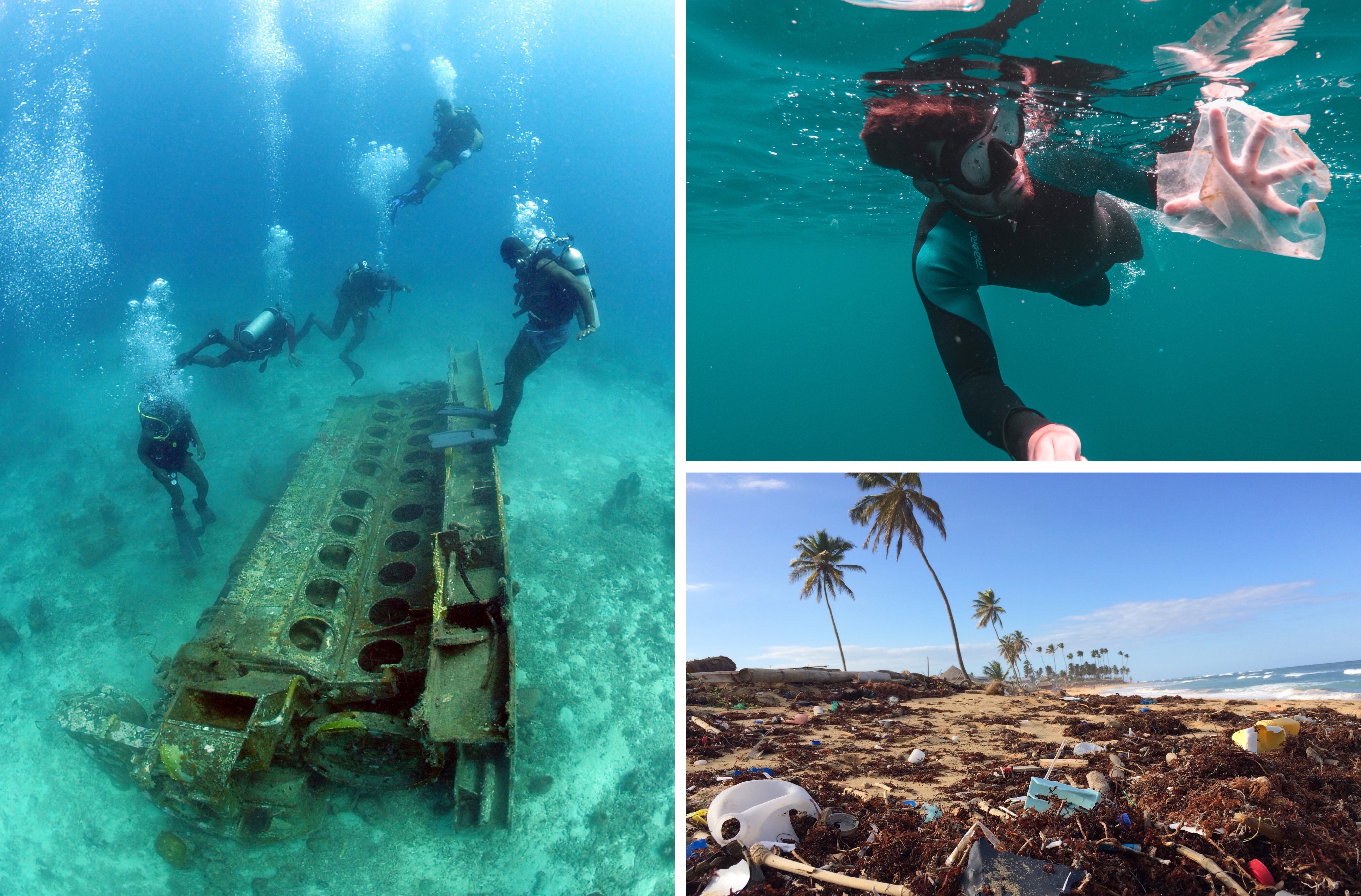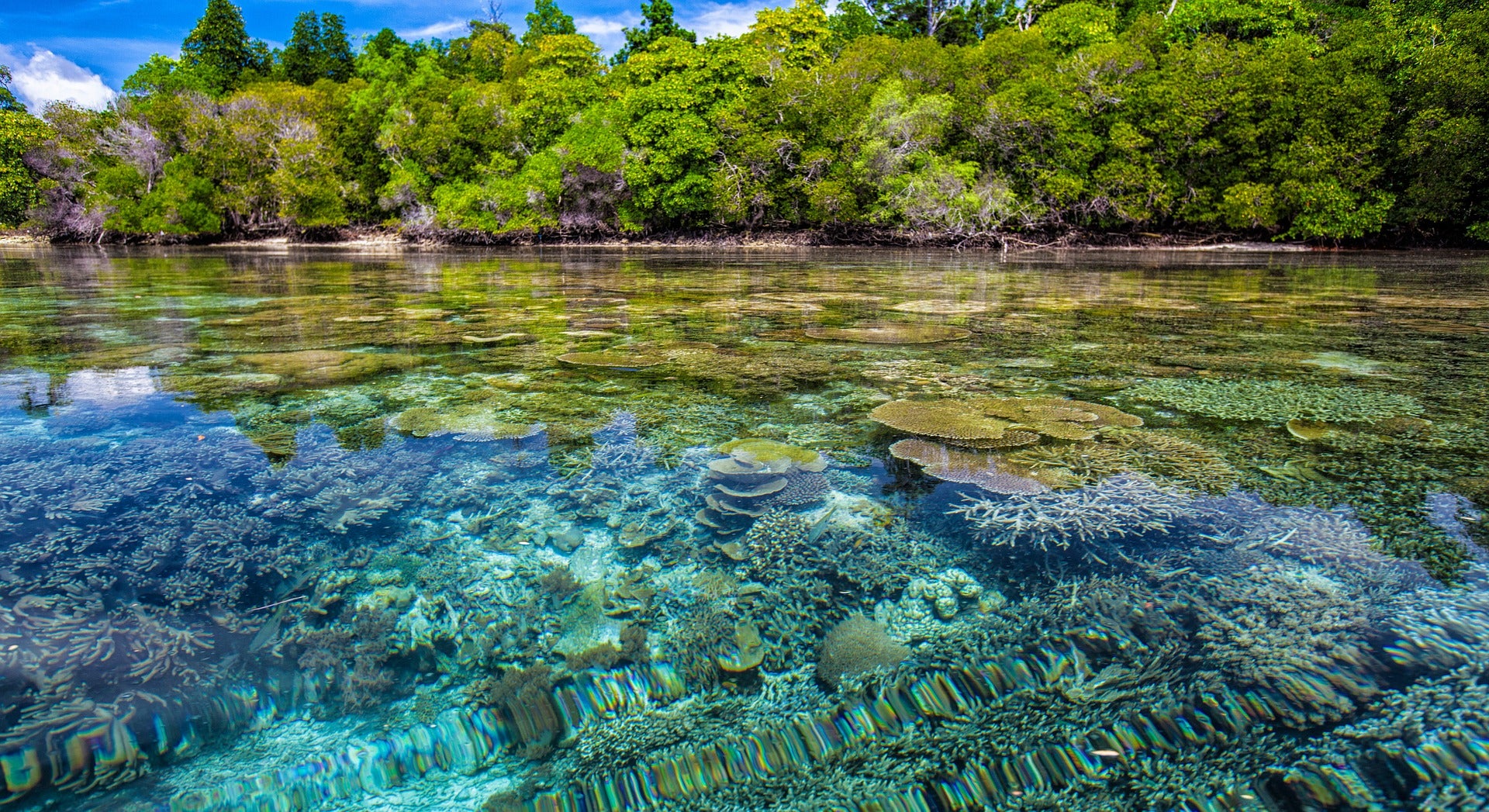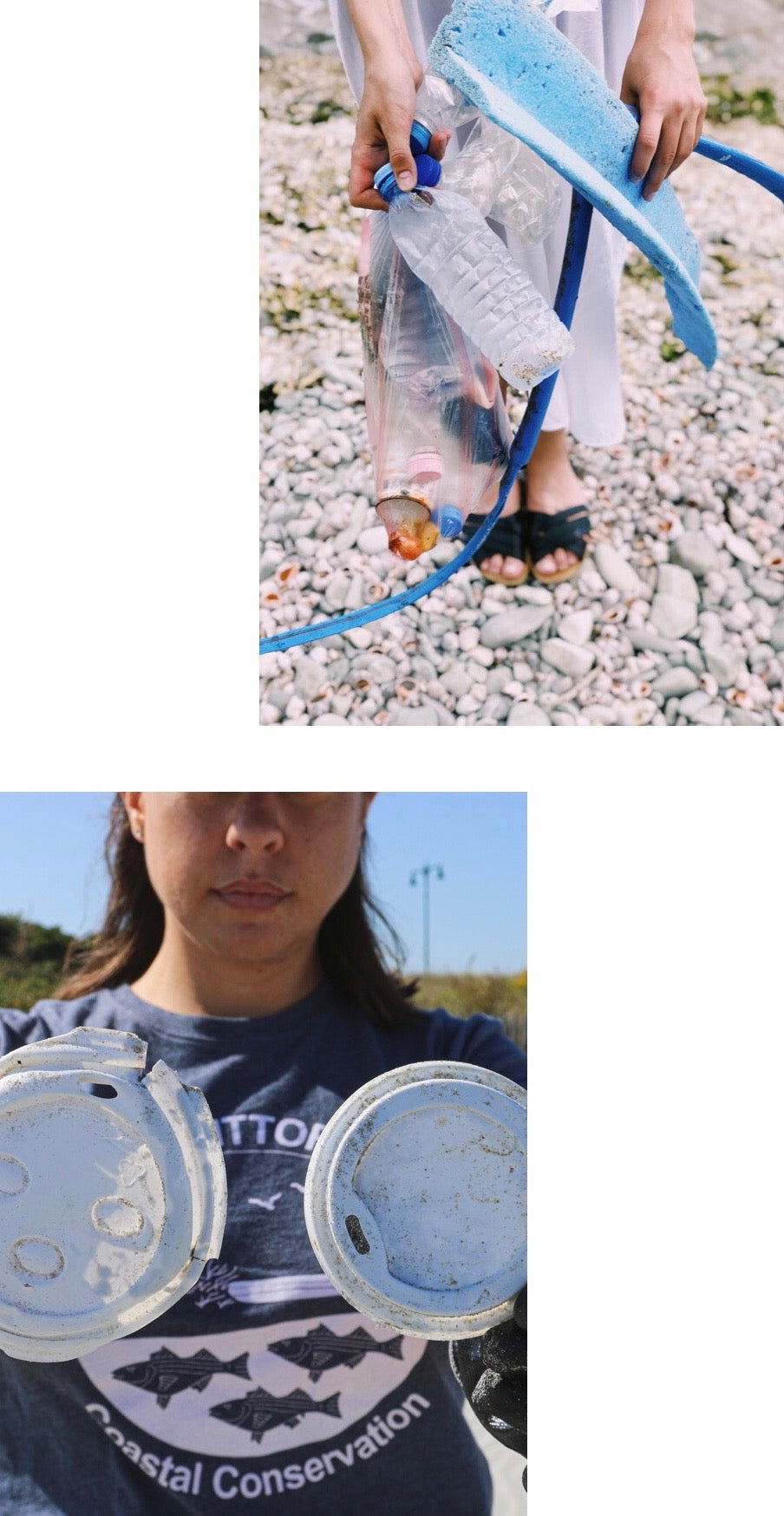Coral reefs in danger: 8 tips on how you can help protect coral reefs in everyday life
Coral reefs are spread out over the shallow seas of the tropical and subtropical regions of this planet. They provide shelter and living space for more than one quarter of the 500,000 animal species living in our oceans. Hence, they are the most biodiverse marine ecosystems in the world. Often coral reefs are referred to as the tropical forests of the ocean. Not only do they provide an important ecosystem for underwater life but also protect us people by retaining coastal areas from damage and providing food and income for millions of people. At the same time coral reefs around the world are threatened by constant dangers as overfishing, water pollution and habitat destruction. Read more to learn how to contribute to marine protection, protect coral reefs and why you should bother even if you don’t live by the sea.
Coral reef extinction: Why are coral reefs around the world dying?
Coral reefs around the world are dying and most of the damages are man made. The decline of coral reefs has been well documented for each reef. According to recent examinations 27 percent of the world’s coral reefs have been lost beyond repair and 75 percent are in serious risk of extinction. The list of man made threats is nearly endless. Below you may find a summary of the most important ones:
- Ocean warming: According to recent results of a UNESCO study the world’s coral reefs are likely to die out completely by the year 2100 unless carbon emissions are reduced enough to slow down ocean warming.
- Coral bleaching: Warmer water temperatures can lead to coral bleaching which is known to massively weaken a coral and results in a higher mortality rate.
- Physical damage or destruction: Coastal development, dredging, quarrying as well as recreational misuse such as touching or removing corals results in major coral reef injuries.
- Unethical fishing practices: Overfishing leads to a reduction of the numbers of grazing fish that keep corals clean of algal overgrowth. Also boat anchors often physically damage coral reef structures.
- Water pollution: Pollution often originates on land but finds its way into our oceans. Agricultural nutrients, toxic substances, trash and micro plastics are only a few of them.
 Coral bleachings are hitting coral reefs worldwide
Coral bleachings are hitting coral reefs worldwide
 Water pollution is one of the biggest dangers to coral reefs in the 21st century
Water pollution is one of the biggest dangers to coral reefs in the 21st century
Coral reef conservation: Why is it important to help coral reefs to recover?
Coral reefs provide an important ecosystem for underwater life, protect coastal areas by reducing the power of waves hitting the coast, and provide a crucial source of income and food for millions of people. While coral reefs only occupy 0.2% of the seabed they run along more than 150,000 km of coastline in more than 100 countries and territories. They absorb the energy of waves coming out of the ocean and contribute to environmental protection through the reduction of coastal erosion. Some countries in atolls would not even exist without the coral reefs which they are built on. The Coral Guardian wrote a good article on how coral reefs protect coastlines and the general importance of coral reefs. It is a great read if you would like to expand your knowledge in this area.
 Coral reefs are crucial to the protection of coastal areas
Coral reefs are crucial to the protection of coastal areas
Get active: Tips on how to conserve coral reefs by changing your everyday life
- Use eco-friendly sunscreen: Most of the common sunscreens include ingredients like oxybenzone and octinoxate that are confirmed to be toxic to coral reefs. Sunscreens that use non-nano zinc oxide as their active ingredients do not contribute to coral bleaching.
- Visit reefs responsibly: When on holiday act responsibly in proximity to coral reefs. Do not touch or break the coral when you are snorkelling or diving. Human touch will damage or even kill the living species.
- Minimize use of non-organic fertilizers: Fertilizers flow into the water system, pollute the ocean and result in harming coral reefs miles away. Non-organic fertilizers have a toxic effect on marine life. Keep that in mind next time you fertilize the plants in your garden.
- Reduce, Reuse, and Recycle: Act according to the three R’s of sustainability in daily life. Reduce your waste, reuse what you can and recycle things instead of throwing them away. On beaches, make sure you leave no trash behind, and never throw or leave any cigarette butts in the sand.
- Reduce your carbon footprint: After having read this article on why and how to protect coral reefs you know, that rising carbon emissions lead to ocean warming which in turn is responsible for coral bleaching. Reduce your carbon footprint by e.g. eating less meat, switching to renewable energy solutions, buying locally or using clean transportation methods like going on foot, biking, or using public transport.
- Participate in trash clean-ups: The easiest way to keep your rivers and streams clean is by volunteering to pick up trash in your community. Check with your local environmental organizations for annual trash clean ups and make sure to check the annual International Beach Clean-up.
- Support reef friendly businesses: Buy consciously and support reef friendly businesses. At MeroWings we donate 10% of each sale of every product included in the MeroWings Coral Collection and the MeroWings Ocean Collection directly to the Coral Reef Alliance. A non-profit organization dedicated to the preservation of the delicate ecosystem of coral reefs. Sales directly fund projects that halt overfishing, combat land based pollution, monitor and maintain water quality, and identify research based techniques and methodologies that rebuild damaged reef structures all over the world. Read more about MeroWings’ engagement for coral reef protection.
- Spread the word: Share your excitement on what you learned about coral reefs and their protection and educate your community. Expand your knowledge and encourage others to get involved.

 Coral bleachings are hitting coral reefs worldwide
Coral bleachings are hitting coral reefs worldwide
 Water pollution is one of the biggest dangers to coral reefs in the 21st century
Water pollution is one of the biggest dangers to coral reefs in the 21st century
 Coral reefs are crucial to the protection of coastal areas
Coral reefs are crucial to the protection of coastal areas
 Trash clean-ups keep our rivers clean and help avoiding waste ending up in the ocean.
Trash clean-ups keep our rivers clean and help avoiding waste ending up in the ocean.